Permanent Diaconate
After the Second Vatican Council, Pope Paul VI formally implemented the renewal of the diaconate, which is an ordained ministry for men (married or single) who are called to serve the Church. The Archdiocese of Omaha provides for the formation of men in preparation for ordination. Ordination is followed with a formal appointment by the archbishop to diaconal ministry. Formation and ministry adhere to the requirements defined in the “National Directory for the Formation, Ministry and life of Permanent Deacons in the United States.
Are You Being Called?
A deacon is a member of the clergy who assists the bishop and priests. He is ordained, not to the priesthood but to service. He has a three-fold role of service:
- Charity in which he is of service to the community.
- Word in which he proclaims the Gospel and preaches.
- Liturgy in which he assists at Mass, is an ordinary minister of the Eucharist and baptism, witnesses marriages, leads the community in prayer, especially funeral services and the Liturgy of the Hours.
Deacons minister in many different settings from the traditional parish to prisons, hospitals, convalescent homes, juvenile detention centers, shelters for the homeless or the abused, soup kitchens, police departments, and the workplace. Regardless of where a deacon finds himself, it is there that he serves.
However, a married Deacon is not always alone in his various ministries. For some married deacons, their wives are an essential part of their ministry. Wives are required to attend the first year formation sessions. The formation process is a period of time spent in formal education, spiritual direction, and practical ministry. After the first year of formation, wives may voluntarily attend all of the formation sessions, attend retreats, and support their husbands in whatever way their schedule allows.
If you are interested in finding out more about becoming a Deacon, the best place to start is with your pastor, who can put you in touch with the Director of Deacons for the Archdiocese. The Director will be able to outline the various requirements and processes to be followed.
The Order of Deacons was instituted by the Apostles. It was restored as a permanent and public ministry in the Roman Church as a result of a decision made by the bishops at the Second Vatican Council. The restoration of the permanent diaconate was authorized in the United States in 1968.
The aims of the diaconate are to enrich and strengthen the works of service being performed by the Church, to enlist a new group of devout and competent married and single men in the active ministry of the Church, and to aid in extending needed charitable and liturgical service to the faithful. Wives of deacons assist in many of these areas.
The number of deacons in the United States has continued to grow steadily. There are more than 16,000 permanent deacons ministering in better than 140 (arch)dioceses in the United States.
Even if there are deacons in your parish, you might be called to God.
It is not clear whether Stephen and his companions were ordained deacons in the sense we would understand it today, but their functions have become the heart of diaconal ministry at the tables, of the needy, and at the table of the Lord.
The word “deacon” comes from a Greek word, diakonia and means “Servant.” We are all called to be deacons by virtue of our baptism and confirmation. At this time men are allowed to answer the call to Sacramental Ordination, to be a public sign to the world that the Church is really and truly “servant.”
The Deacon is called to speak in the name of that Church. He is called by his community to serve that community and anyone in need. His motivation is not to be just a part of another social agency, rather his motivation is to know the Heart of God and to be that Heart of God for God’s people.
Interested men between the ages of 31-55 should contact their pastor and begin a conversation with him about their attraction to Holy Orders. In time and with the consent of the pastor and the man’s spouse, should he be married, he should contact the office of the Director so his name can be placed on a list. He should continue to pray and discern, and otherwise look to the day when he can apply. Applications are taken every other year.
Deacon Tim F. McNeil
Director, Diaconate Office
Archdiocese of Omaha
402.558.3100

